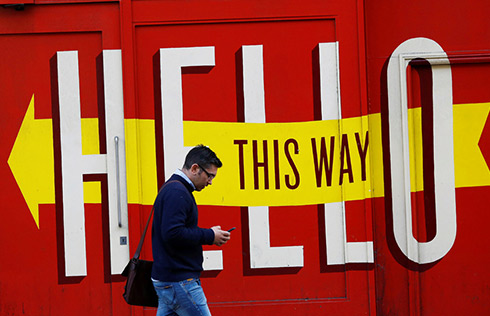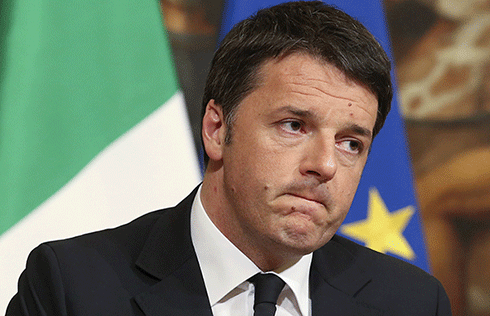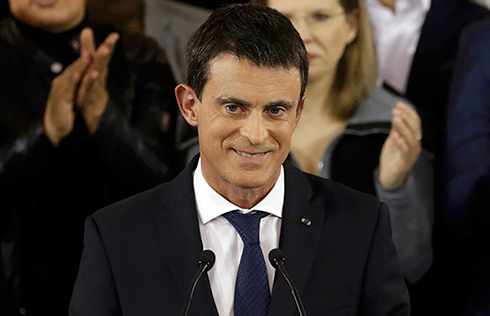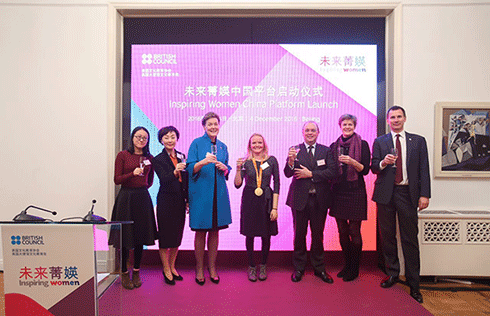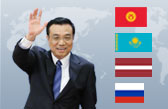US media face pressure from government, public
Sarah Sewall, the US under secretary for civilian security, democracy and human rights, said at a seminar on Friday how freedom of information and freedom of the press are bedrocks of US foreign policy.
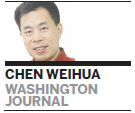
Speaking at the House of Sweden in Georgetown along the Potomac River, Sewall lashed out at China and Russia, saying that a recent report found that the Chinese government and its legions of helpers write nearly a half billion fake posts a year, and that the Russian government spends at least $400 million a year for its propaganda machine of bots and trolls and factories of false content to undermine trust in independent media.
She then said that the US ramped up support in Europe for civil society and media most vulnerable to Russian pressure by more than 50 percent to over $85 million.
Sewall's allegations against the Chinese and Russian governments are yet to be substantiated. However, her admission that the US government spent $85 million in propaganda in Europe itself raises the question of US government meddling in news media.
Sewall left immediately after her six-minute speech at the seminar in honor of the 250th anniversary of Sweden's Freedom of the Press Act, hosted by the Swedish embassy and the Newseum in Washington.
It might have been helpful if she had stayed a bit longer and listened to the discussions at the seminar, which lasted for several hours and touched on much of the challenges of press freedom in the US today, especially under President Barack Obama's administration.
In the 2016 World Press Freedom Index by Reporters Without Borders, the US ranked 41st out of 180 countries. Its standing in 2015 was 49th. Such a declining US standing, behind Slovenia (40), Ghana (26) and Namibia (17), hardly looks like the one that Sewall touted on Friday.
The Reporters Without Borders report blasted the US government's "war on whistleblowers who leak information about its surveillance activities, spying and foreign operations, especially those linked to counterterrorism" and the US lack of a "shield law" to help journalists protect confidence sources.
Sam Sanders of National Public Radio reported early this year that Obama's Justice Department has cracked down on reporters in an effort to prevent leaks; it also set a new record for withholding access to government files under the Freedom of Information Act (despite Obama calling for a "new era of openness" on his first day in office).
In 2013, photojournalists from several major news organizations chastised the administration for denying their "right to photograph or videotape Obama while he is performing his official duties" instead of relying on official photos shot by White House photographers.
A study conducted by the Columbia Journalism Review last year showed that relations between the White House and the news media have never been so controlled in the past 50 years, saying that the "White House determined to conceal its workings from the press, and by extension, the public."
Early last year, New York Times reporter James Risen called the Obama administration "the greatest enemy of press freedom in a generation".
Risen said he was beseeched by the Obama government to identify his confidential sources for parts of a 2006 book in which he detailed a CIA plan to undermine Iran's nuclear program.
At the Friday seminar, veteran US journalist Marvin Kalb shared his personal experiences covering the Vietnam War and talked about how presidents Lyndon Johnson and Richard Nixon did not like his reporting that was critical of US foreign policy.
He said some reporters ended up on the "enemies list", their phones tapped and income tax returns scrutinized every year.
"There are many ways the government even in a free country can put the pressure on a reporter and ask the reporter to allow him or herself to yield to that pressure " he said.
But he said many of his fellow reporters actually acted more aggressively under such pressure.
Jeffrey Herbst, president and CEO of Newseum, an interactive museum dedicated to the First Amendment, noted the high societal pressure on journalists in the US today. Feedback on reporters' stories often includes hateful or vitriolic comments.
He admitted that some US reporters tend to censor themselves under such a public backlash.
Contact the writer at chenweihua@chinadailyusa.com







